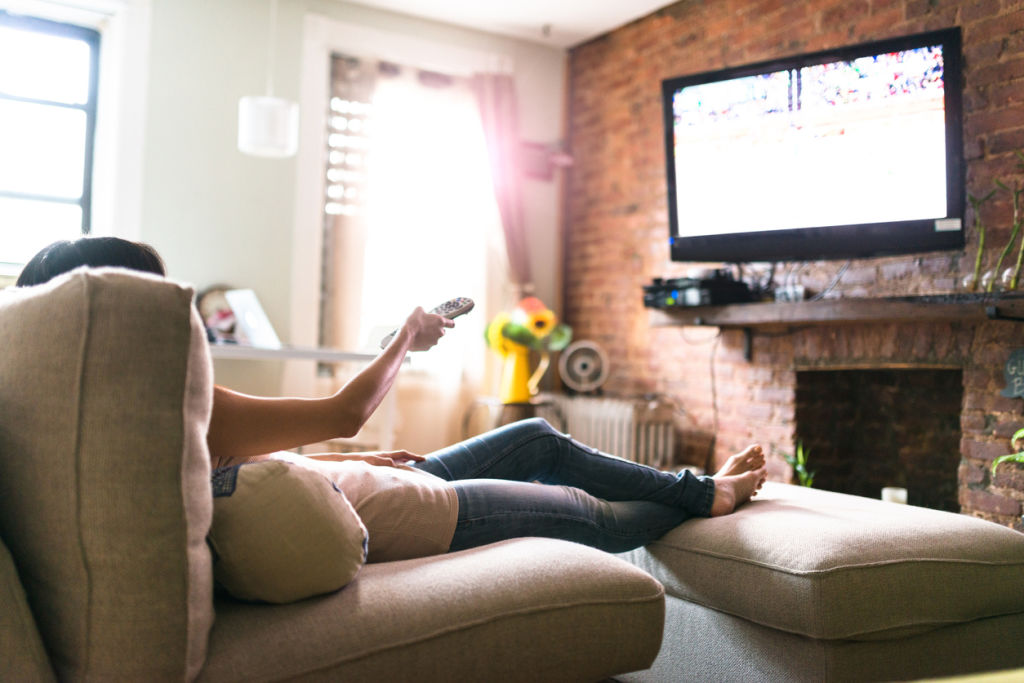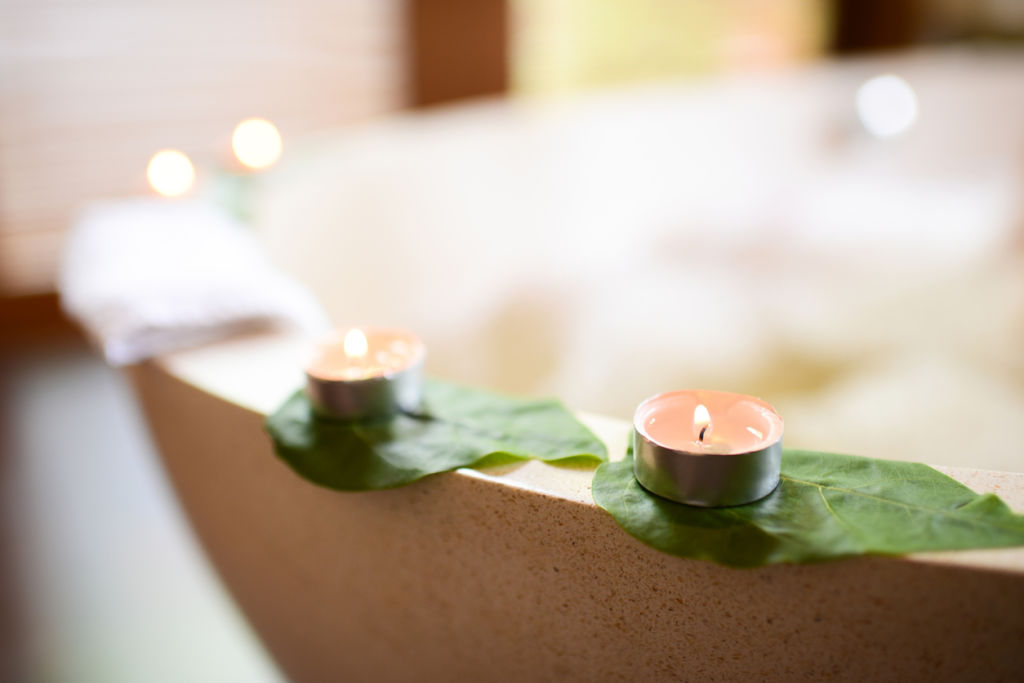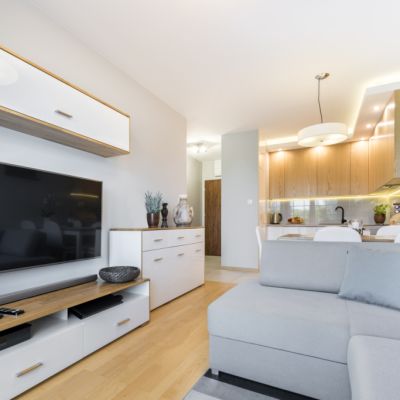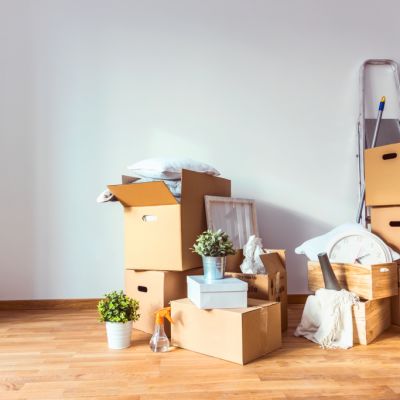How to make solo living work in our loneliness epidemic

Despite our virtual realities becoming increasingly social, studies show that our real-life realities are becoming lonelier.
In 2016, Lifeline found 80 per cent of Australians believe our society is becoming a lonelier place, this year The Australian Coalition to End Loneliness was formed, and just last month, a report from the Australian Psychological Society and Swinburne University revealed that one in four adults surveyed experienced loneliness.
So what happens when a loneliness epidemic coincides with the Australian Bureau of Statistics’ predicted rise in Australians living alone?
According to psychologist Meredith Fuller, the intersection between solo living and loneliness has dominated much of her work in recent years.
“The biggest issue we have is social media, we have forgotten how to have meaningful conversations,” Fuller says. “We go to work, go to sleep, do maintenance work around the house and in between all of that, go on social media. We are longing for touch.”
Fuller believes a sharp and unprecedented rise in loneliness can also be attributed to our propensity to end relationships quickly.

“We finish relationships so quickly these days because we feel so entitled to have the perfect relationship. We end a relationship if one thing isn’t working. We don’t want to receive constructive criticism; we don’t realise relationships are about give and take. We think we can have everything we want and think we’re the centre of our own universe.
“We have an epidemic of people not willing to compromise.”
Fuller believes we are “people hungry”; craving physical and emotional touch, and believes solo living doesn’t automatically mean someone might feel lonely.
“Everyone forgets there is a difference between being alone and being lonely. It can be terrific if you’re doing it well,” she says.
However, for those who may be struggling to form relationships while living alone, here are a handful of her tips for combatting loneliness:
Make your home your haven
“Think of your home as a haven,” Fuller says. “You need to set up parts of the home that nurture you because you don’t always want to be reminded of the loneliness. Think about rituals: people might light some candles in the bathroom, or watch a whole lot of fun movies because they consider those kinds of things their friends, too.
“A lot of people are lonely, or think they are lonely because they think they can’t spend and enjoy time alone,” she says, arguing we “need to have homes that nourish us”.
Perhaps, too, Fuller says, it might be worth making a conscious effort to occasionally bring people into the home, to make it feel more full.

Get a regular massage
“One of the first things I recommend to my clients if they’re living alone is getting a regular massage, so you’re getting regular touch and getting in touch with your sense of self,” Fuller says.
Find your passion
“You need to decide what is an interest or a hobby and make time for it. Connecting with people who have similar interests and values is a major way to combat loneliness because it’s about having those good conversations. This is very different from a networking thing; this is about doing something you love. It’s why a lot of people go to a book club because you’re talking about something meaningful,” she says.
“Our diaries are so busy, we can’t find time for ourselves, but we need to learn how to have fun again.
“We only need up to five friendships to feel OK. Five friendships are doable.”
Go local
“Find a local coffee shop, one that knows your name and your coffee order and will chat with you,” she says.
Fuller says it’s all about putting time in the diary to find somewhere easy and local to go and visit; be it in the local library or an event put on by the local council.

Invest in a pet (if you can)
“You can’t be lonely if you have a dog,” Fuller says. “Even just gazing into your dog’s eyes releases oxytocin, which is a love drug. They need a walk, so they force you to go to the local park where you can talk to people and meet people. They make you calmer; you can laugh with them and play with them. They’re a companion; you never come home to an empty house.”
Fuller says if you’re in a rental and having a pet isn’t an option, borrowing a friend’s pet for a little while is just as good, or forming a bond with a neighbour’s pet.
Read a book
“Reading a book is a great way to know you’re not alone. You’re connecting with another person’s psyche, and it can be a really special moment,” she says.
Take a risk and tell people how you feel
“Try to tell people how you’re feeling; that you’re feeling lonely. More people would agree than you think,” she says, believing “meaningful” conversations can be the birth of meaningful bonds.
“Having one or two relationships with deep connections means more than having 500 friends who don’t know if you drink coffee or tea.”
We thought you might like
States
Capital Cities
Capital Cities - Rentals
Popular Areas
Allhomes
More










